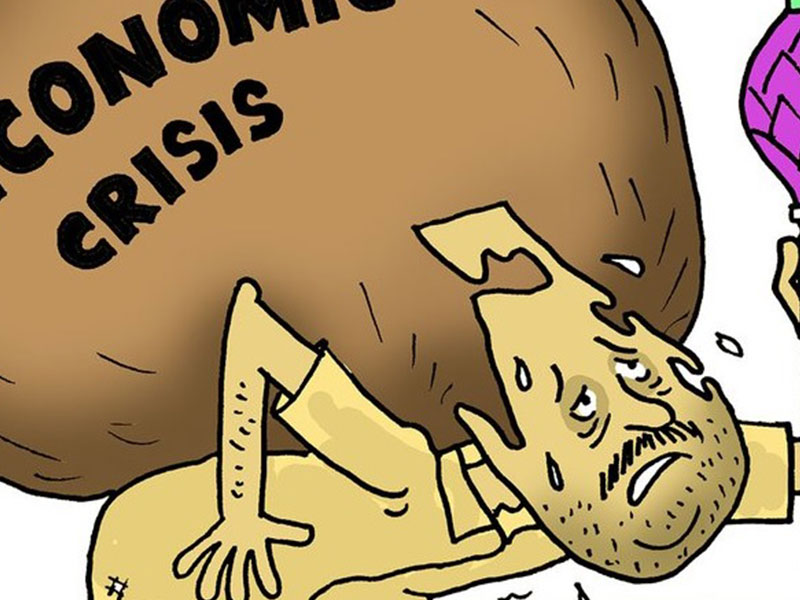A recent Household Survey on Impact of Economic Crisis conducted by the Department of Census and Statistics (DCS) paints a harrowing picture of widespread job losses, plummeting incomes, and households struggling to stay afloat. The survey’s findings serve as a stark reminder of the human cost of economic turmoil and the urgent need for intervention.
Over 60% of households surveyed reported a staggering decline in their total income. This figure alone speaks volumes about the crisis’s reach, its grip tightening on families across the nation. In the face of dwindling earnings, households have adopted a range of coping strategies, showcasing both resilience and desperation. While some have turned to second jobs or additional sources of income, a telling statistic reveals that a mere 5.2% resorted to loans or seeking aid, likely fearing further burdens or a lack of available support.
The survey delves deeper, exposing the crisis’s impact on the very fabric of employment. Nearly half of employed individuals faced changes in their main job, with work breaks, reduced hours, pay cuts, and even income loss becoming harsh realities. The data paints a disturbing picture of an unstable job market, leaving many fearing for their livelihoods and the future they can provide for their families.
Men fared worse, with almost double the rate of women losing their primary jobs. This unequal impact highlights the need for policies that consider and address existing inequalities, ensuring vulnerable groups receive the support they desperately need.







